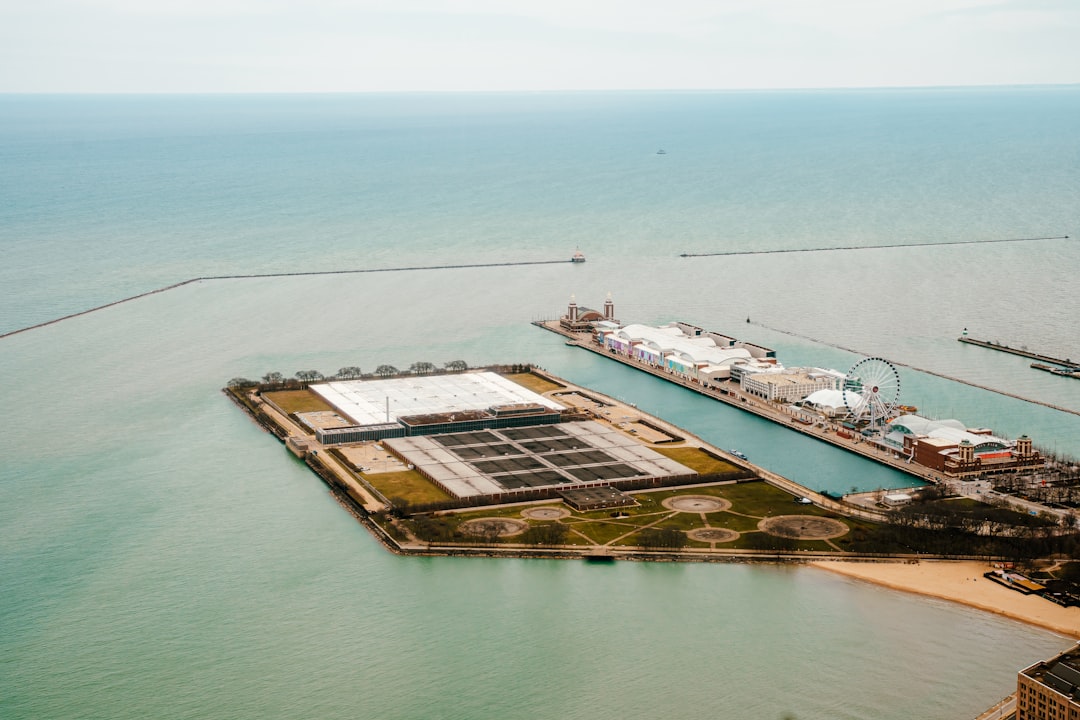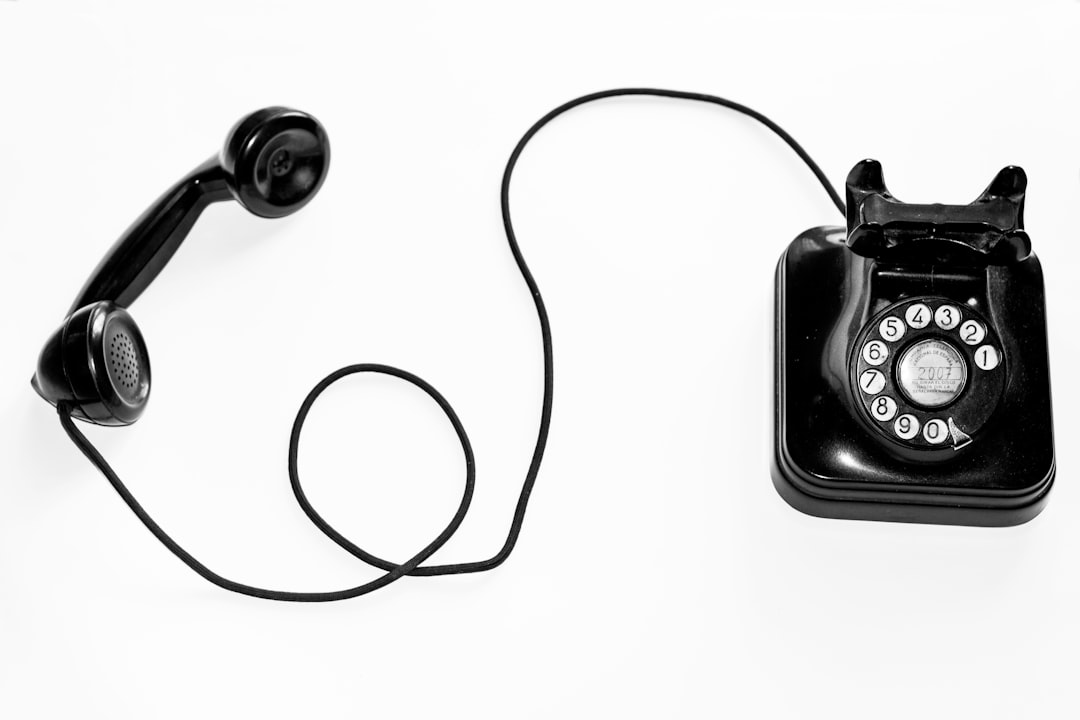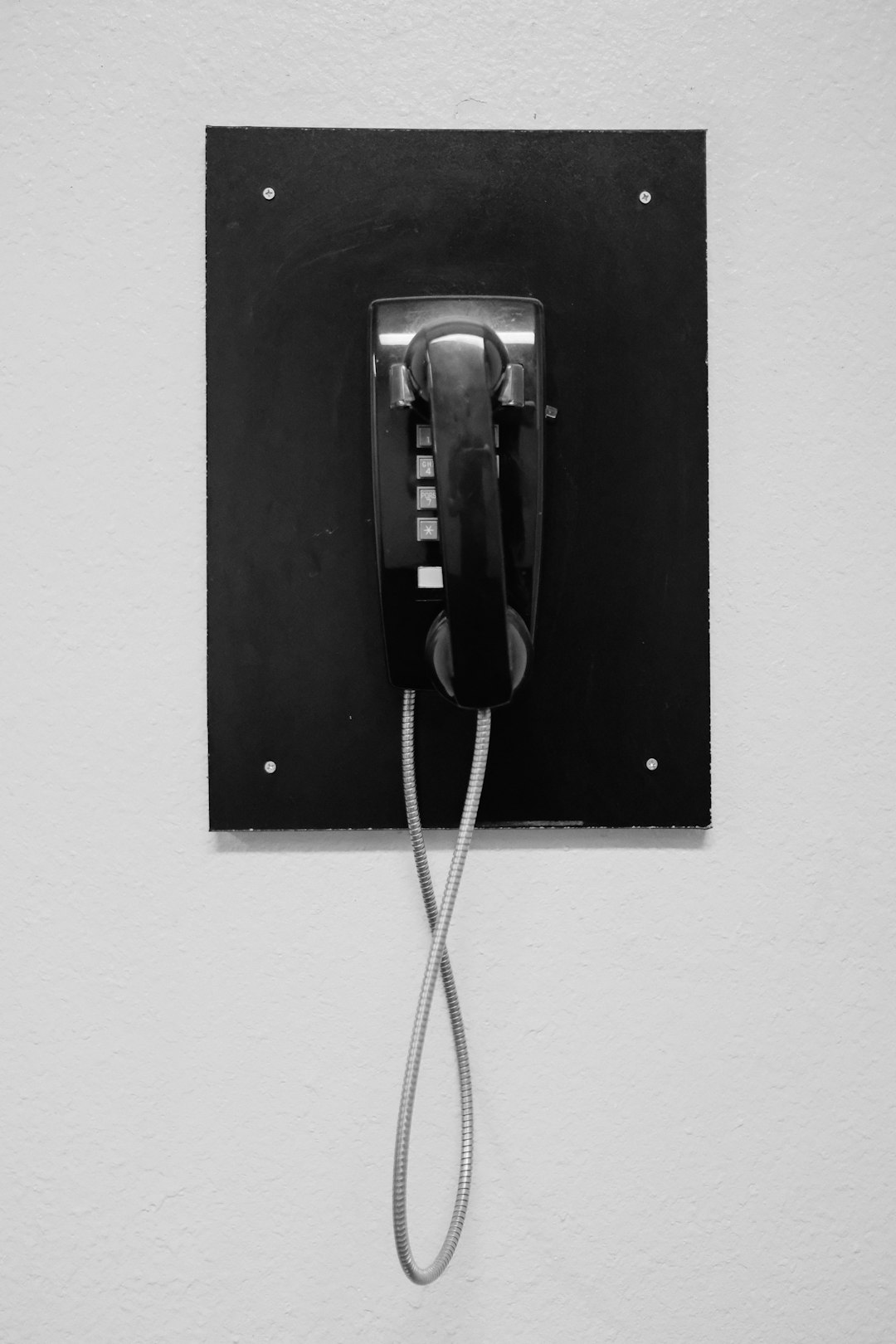Automated calling systems, though effective marketing tools, require careful navigation in Illinois due to strict 'No Call Attorney General's Office' regulations. Businesses must obtain explicit consent from recipients through opt-in forms or agreements before making automated marketing calls, with timing restrictions on 'do not call' periods. Non-compliance with TCPA and local laws can result in fines and legal repercussions. To build customer trust and avoid issues, companies using automated dialing systems should partner with reputable service providers adhering to No Call Attorney Illinois regulations.
In the digital age, businesses are leveraging automated calling systems to enhance customer engagement. However, navigating legal boundaries in Illinois is crucial to avoid consumer backlash and regulatory fines. This article explores the legal framework surrounding automated calling, offering insights on when and how businesses can legally employ these systems in Wheeling. From understanding state regulations to consulting a No Call Attorney Illinois specialist, we guide you through effective implementation while respecting consumer rights.
Understanding Automated Calling Systems and Their Legal Framework in Illinois
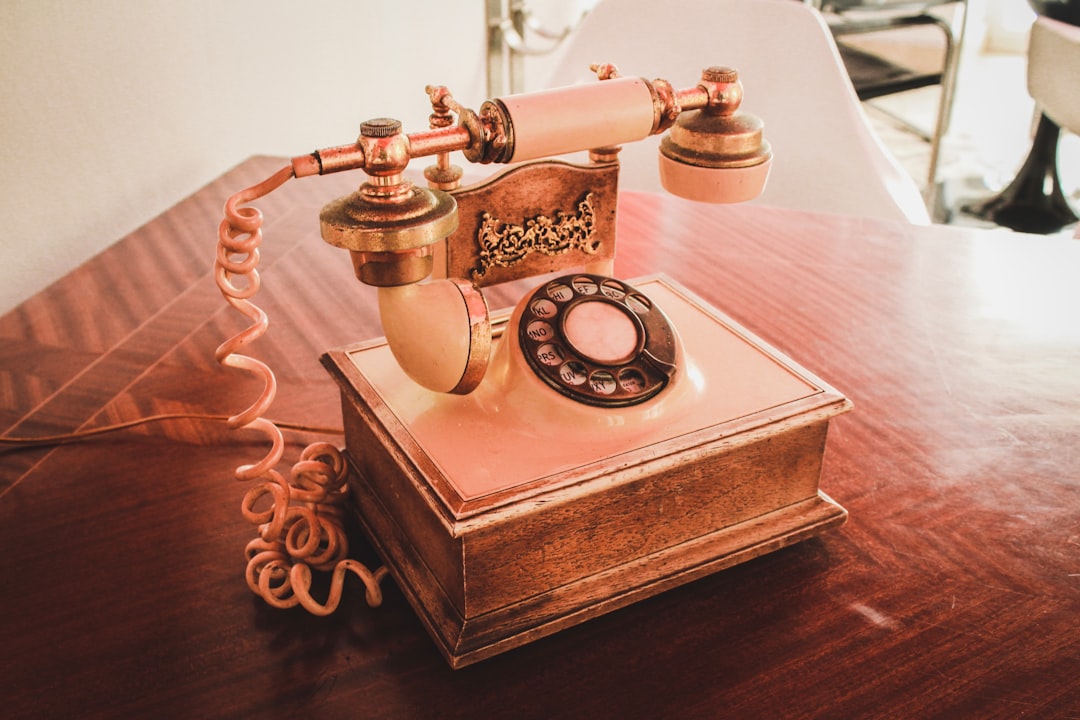
Automated calling systems, or robocallers, have become a ubiquitous part of modern marketing and communication strategies for businesses across various sectors. However, their use comes with legal considerations, especially in Illinois, where strict regulations govern telemarketing practices to protect consumers from unwanted and deceptive calls. Understanding these rules is essential for businesses aiming to legally employ automated calling systems, ensuring compliance and avoiding potential legal repercussions.
In Illinois, the No Call Attorney General’s office oversees and enforces laws related to telemarketing. These laws dictate when and how businesses can use automated calling technologies to reach consumers. Businesses must obtain explicit consent from recipients before making automated calls for marketing purposes. This consent can be through opt-in forms, text messages, or other documented agreements, ensuring individuals have control over their communication preferences. Additionally, there are restrictions on the timing of calls, with certain hours designated as ‘do not call’ periods, further emphasizing the need for businesses to respect consumer privacy and choices.
When Is It Legal to Use Automated Calling for Business Purposes?

In Illinois, the use of automated calling systems for business purposes is regulated by the Telephone Consumer Protection Act (TCPA) and state-specific laws. It is generally legal to use automated or prerecorded calls for marketing, sales, or customer service initiatives as long as certain criteria are met. Businesses must obtain prior express consent from individuals before making such calls, ensuring that contacts have agreed to receive automated messages. This consent can be obtained through various methods, including signature forms, checkboxes on opt-in forms, or verbal agreements during initial point-of-sale interactions.
No Call Attorney Illinois emphasizes that businesses should also provide a clear and straightforward way for recipients to opt out of future calls at any time. Failure to adhere to these guidelines can result in legal repercussions, including fines. It’s crucial for companies to respect individual preferences and ensure their automated calling practices remain compliant with the TCPA and local regulations to avoid potential lawsuits or penalties, especially when dealing with sensitive information.
No Call Attorney Illinois: Navigating Regulations and Consumer Rights
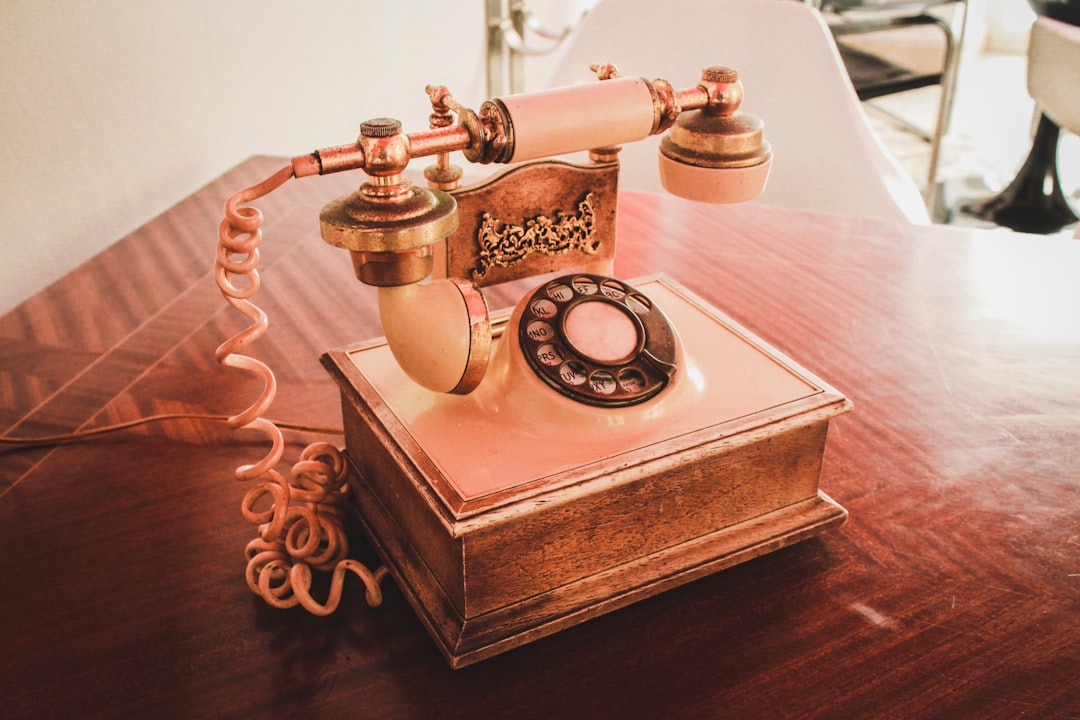
In Illinois, consumers have powerful protections against unsolicited phone calls, often referred to as “no call” laws. These regulations are designed to prevent businesses from making annoying or intrusive telemarketing calls and to respect individuals’ privacy. Under the Illinois Consumer Fraud Act, it is illegal for companies to make automated calling attempts without prior express consent. This means that businesses employing automated dialing systems must ensure they have the necessary permissions to contact residents in Wheeling or any other area in the state.
When using automated calling systems, businesses should partner with reputable service providers who comply with No Call Attorney Illinois regulations. Such attorneys can guide companies on obtaining valid consents, managing do-not-call lists, and ensuring compliance throughout the entire telemarketing process. This not only helps businesses avoid legal repercussions but also fosters trust with their customers, demonstrating a commitment to ethical marketing practices.
Implementing Automated Calling Systems While Adhering to Legal Boundaries

Implementing automated calling systems, such as robocallers, can be a powerful tool for businesses to reach out to potential customers or clients. However, it’s crucial to navigate this technology within legal boundaries set by regulations like the Telephone Consumer Protection Act (TCPA). One key aspect is obtaining proper consent from individuals before making automated calls, ensuring their privacy and rights are respected. This often involves clear opt-out mechanisms, allowing recipients to stop receiving calls at any time.
Businesses in Illinois, particularly those seeking a No Call Attorney Illinois, should also be aware of state-specific laws that may enhance federal regulations. Compliance with these rules can protect the company from legal repercussions and help maintain customer trust. Regular reviews of call scripts, training for staff, and staying updated on changing legislation are essential practices to ensure responsible use of automated calling systems while leveraging their benefits in marketing or sales efforts.
